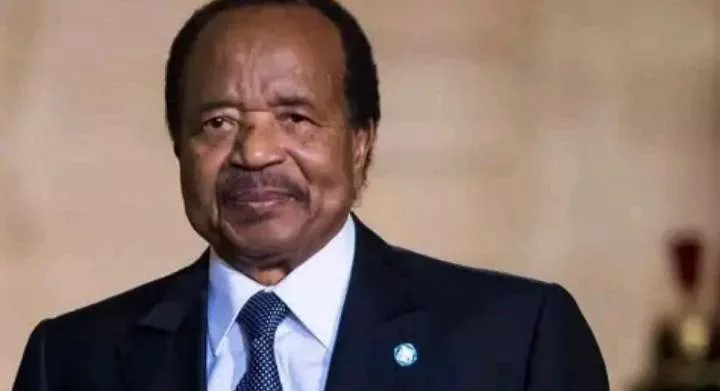
In most African nations, the standard retirement age for the workforce stands at 60 years. However, there are African presidents who continue to govern well into ages surpassing 60.
The ages of several Presidents across the continent far exceed the typical retirement age for workers.
This convention stems from the prevailing expectation that leaders should amass a wealth of political or military experience.
Without deviation, every president highlighted in this roster ascended to the zenith of their nation's leadership structure only after dedicating years to an array of governmental and political roles.
Their trajectories diverge, with some embracing the presidency later in life, while others took up the mantle at a younger age, subsequently charting the trajectory of their nations for multiple decades.
Here are the top 7 oldest African presidents in 2023
1. Paul Biya - Cameroon
Age: 90 years (13th February 1933)
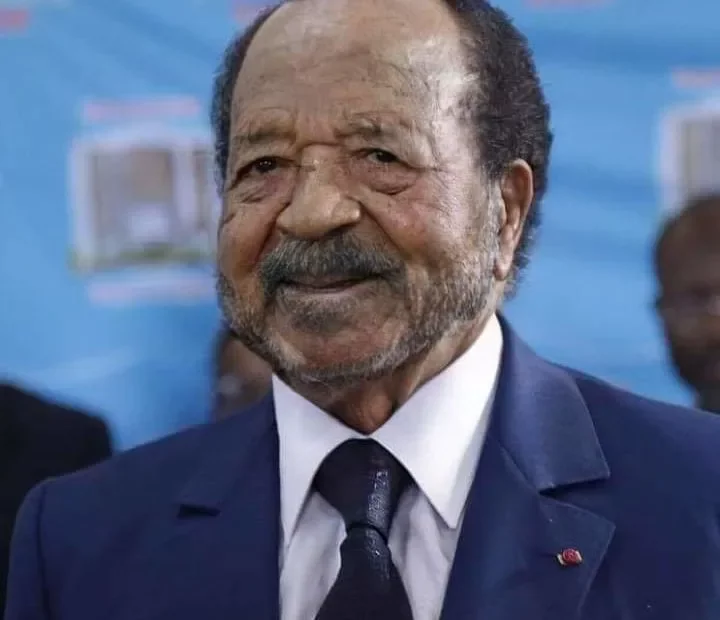
Paul Biya has held the presidency in Cameroon since the 6th of November 1982. He stands as the second-longest-reigning president in Africa, the world's oldest current non-royal national leader, and the planet's eldest head of state.
2. Alassane Ouattara - Ivory Coast
Age: 81 years (1st January 1942)
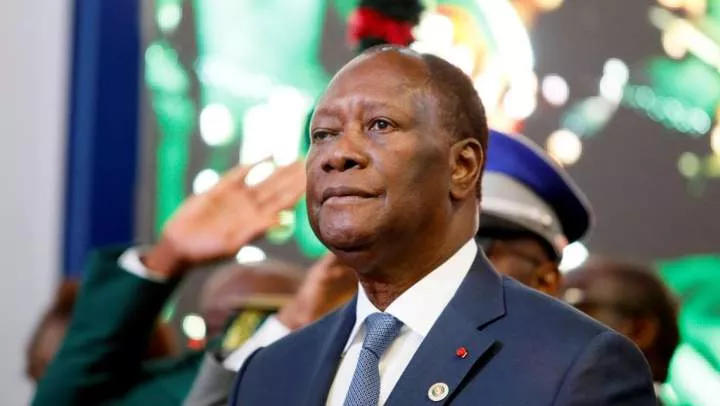
Alassane Dramane Ouattara has occupied the role of President of Côte d'Ivoire since 2011. Prior to this, he served as the Prime Minister of Côte d'Ivoire from November 1990 to December 1993. Ouattara assumed the presidency of the Rally of the Republicans (RDR), an Ivorian political party, in 1999. He secured victory in the 2010 elections and has held governance since that time.
3. Teodoro Nguema Mbasogo - Equatorial Guinea
Age: 81 years (5th June 1942)
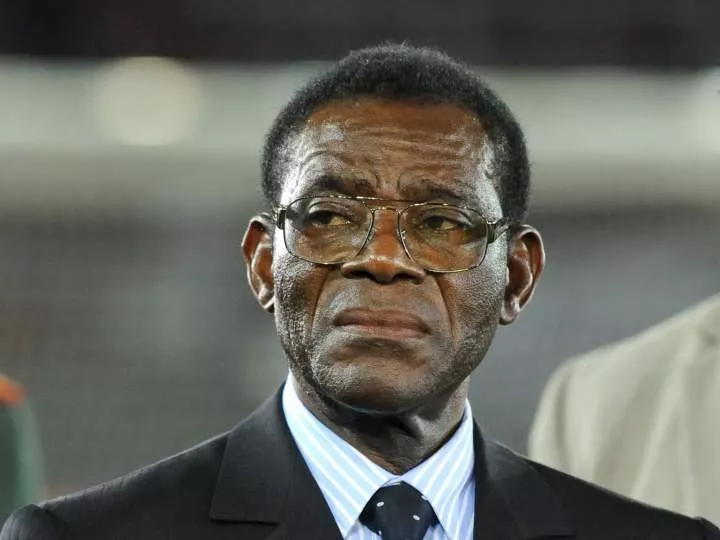
Teodoro Obiang Nguema Mbasogo is an Equatoguinean statesman and former military officer who has maintained his position as the second president of Equatorial Guinea since the 3rd of August 1979. He claims the record for the longest-serving president in global history and ranks as the second-longest consecutively-serving current non-royal national leader worldwide.
4. Emmerson Dambudzo Mnangagwa - Zimbabwe
Age: 80 years (15th September 1942)
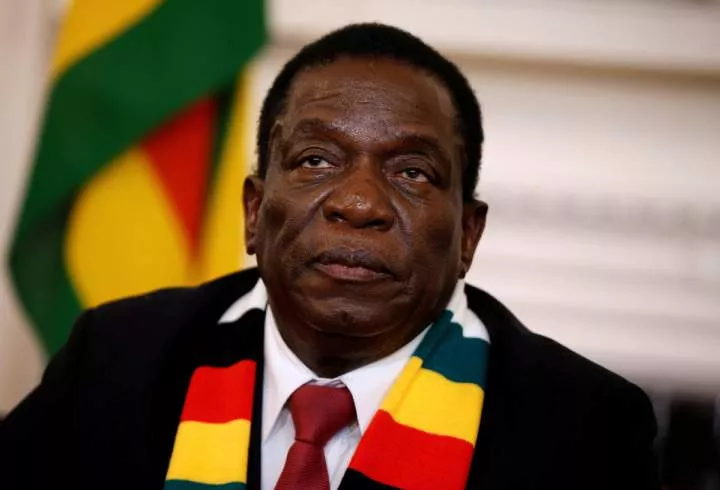
Zimbabwe's President Emmerson Mnangagwa won the July election with 50.8 percent of the vote
Emmerson Dambudzo Mnangagwa is a Zimbabwean politician who has occupied the role of President of Zimbabwe since the 24th of November 2017. Aged 80, Mnangagwa, who assumed power following a coup that ousted Robert Mugabe, is building a reputation as an even more authoritarian leader intent on retaining control.
Dubbed "the crocodile" in Zimbabwe, the outgoing president is vying for a second term in the 2023 elections.
5. Nana Akufo-Addo - Ghana
Age: 79 years (29th March 1944)
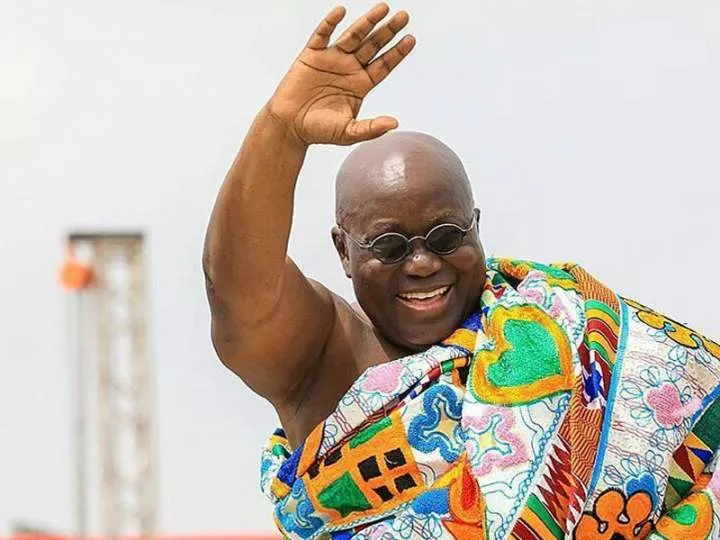
Nana Akufo-Addo clinched the presidency of Ghana on the 7th of December 2017. In previous years, he served three terms as a Member of Parliament between 1996 and 2008. As the Foreign Minister, he played an integral role in the successful peace efforts of the Economic Community of West African States (ECOWAS) in Sierra Leone, Liberia, Côte d'Ivoire, and Guinea-Bissau.
6. Yoweri Museveni - Uganda
Age: 78 years (15th September 1944)
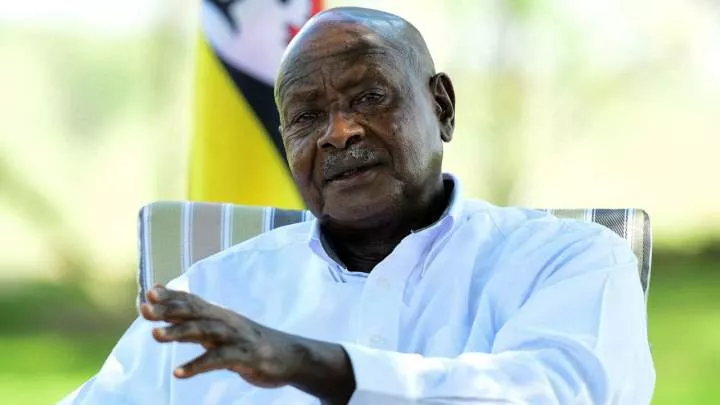
Uganda's Yoweri Museveni was a part of the rebels who ousted Ugandan leaders Idi Amin (1971-79) and Milton Obote (1980-85). Recognized by the West as a hero, Museveni subsequently amended the rules in his favor by eliminating presidential term limits in 2005, thereby enabling an extension of his rule. His administration is commonly regarded as autocratic.
7. Abdelmadjid Tebboune - Algeria
Age: 77 years (17th November 1945)
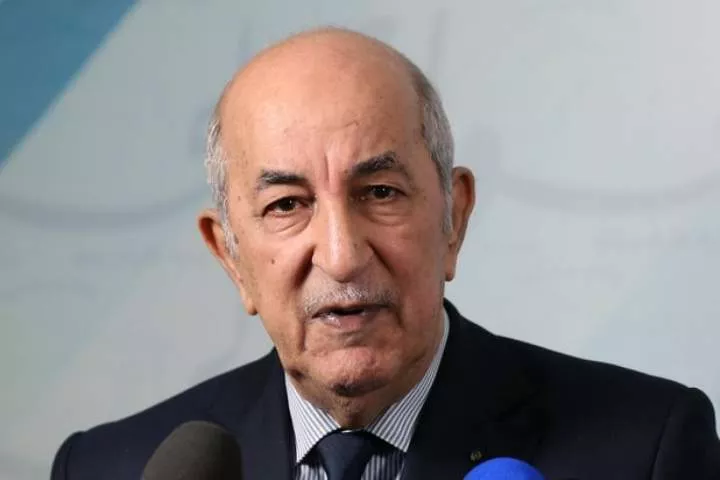
Abdelmadjid Tebboune currently serves as the President of Algeria, a position he has held since December 2019, in addition to his role as Minister of Defence. Tebboune has occupied various official posts, including the prime ministerial role during the administration of the former long-standing President Abdelaziz Bouteflika, who was compelled to step down in April due to extensive protests.
His time as prime minister, commencing in May 2017, was abruptly cut short in less than four months. This was reportedly triggered by his perceived attempt to position himself as Bouteflika's successor during a meeting with his French counterpart, Edouard Philippe, in Paris, mere days before his dismissal.

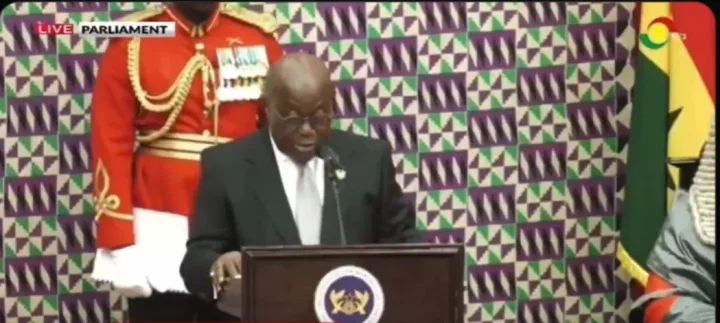
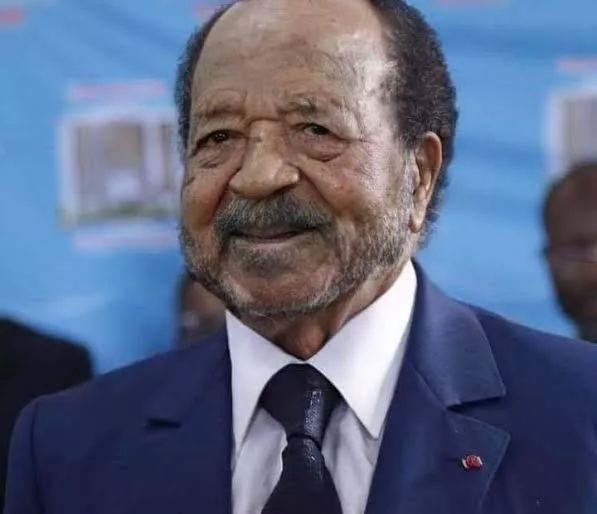
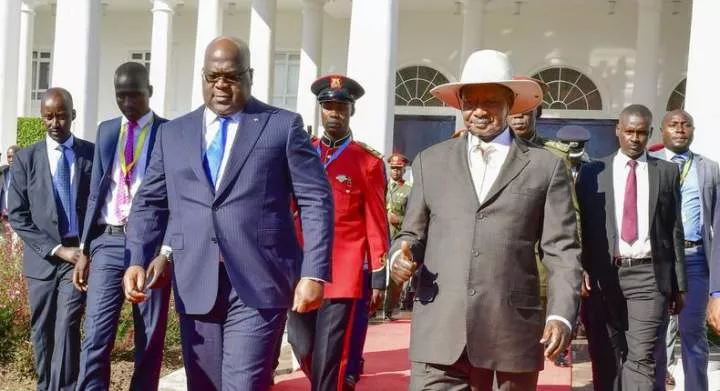
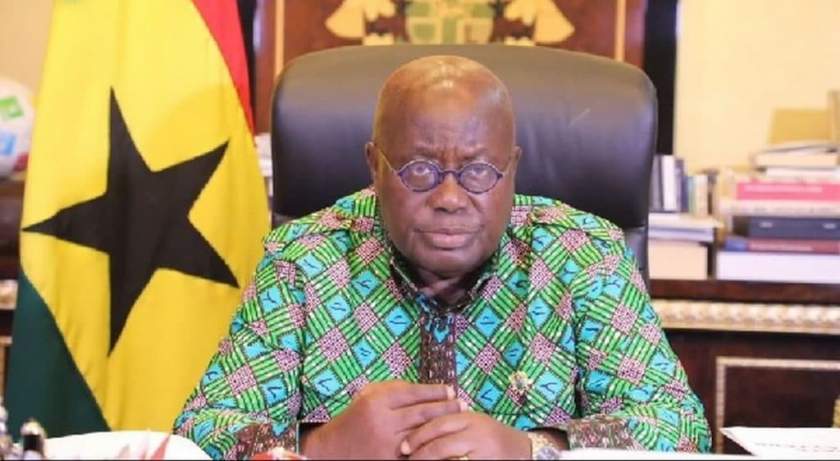
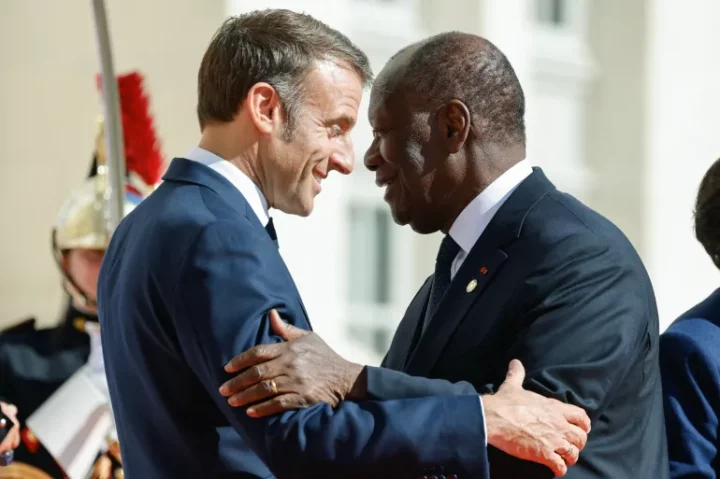
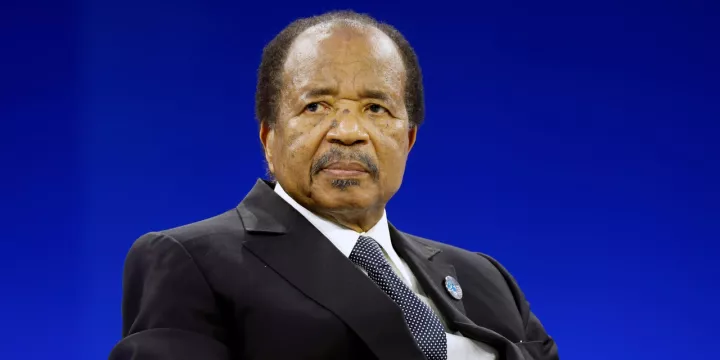
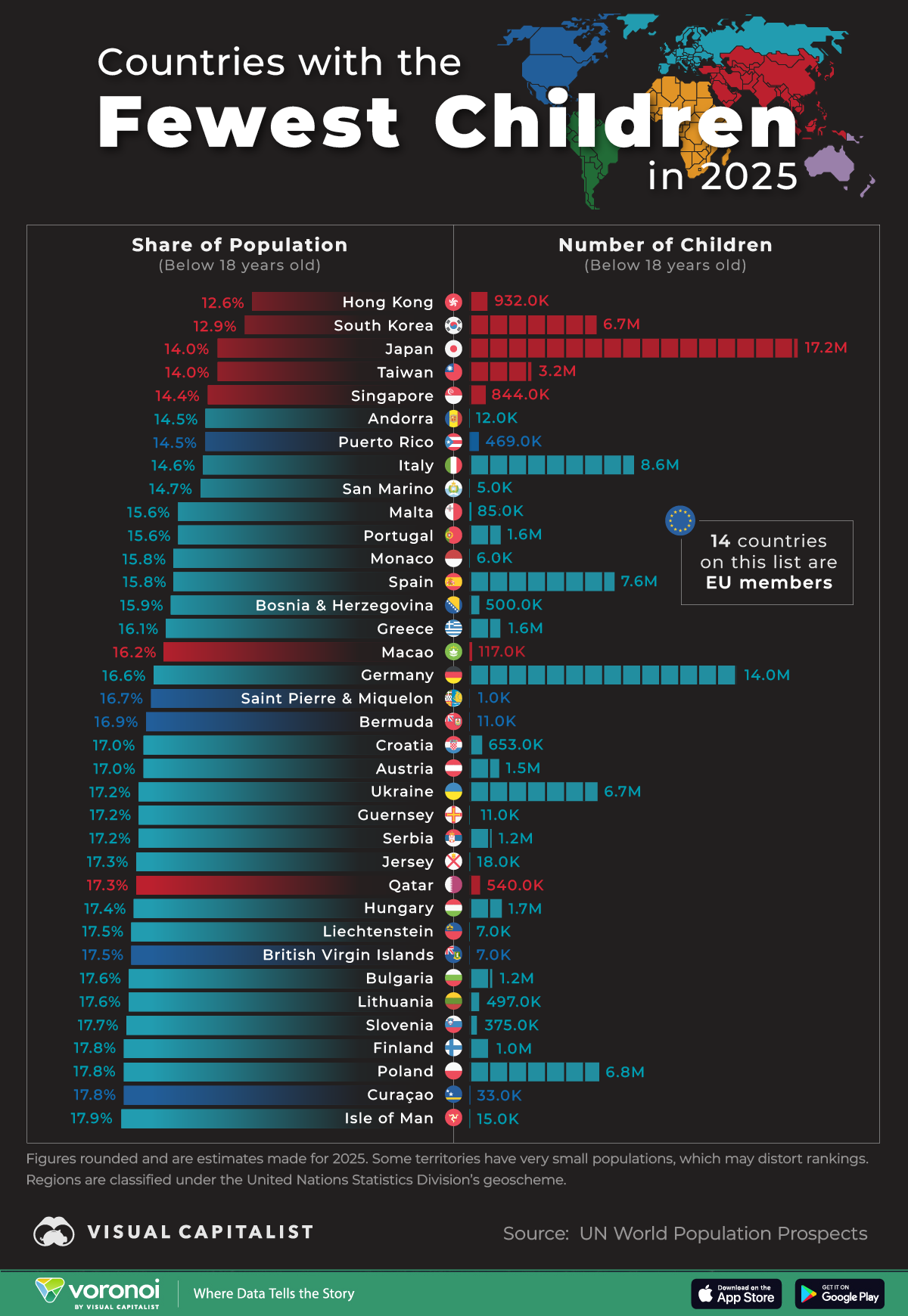
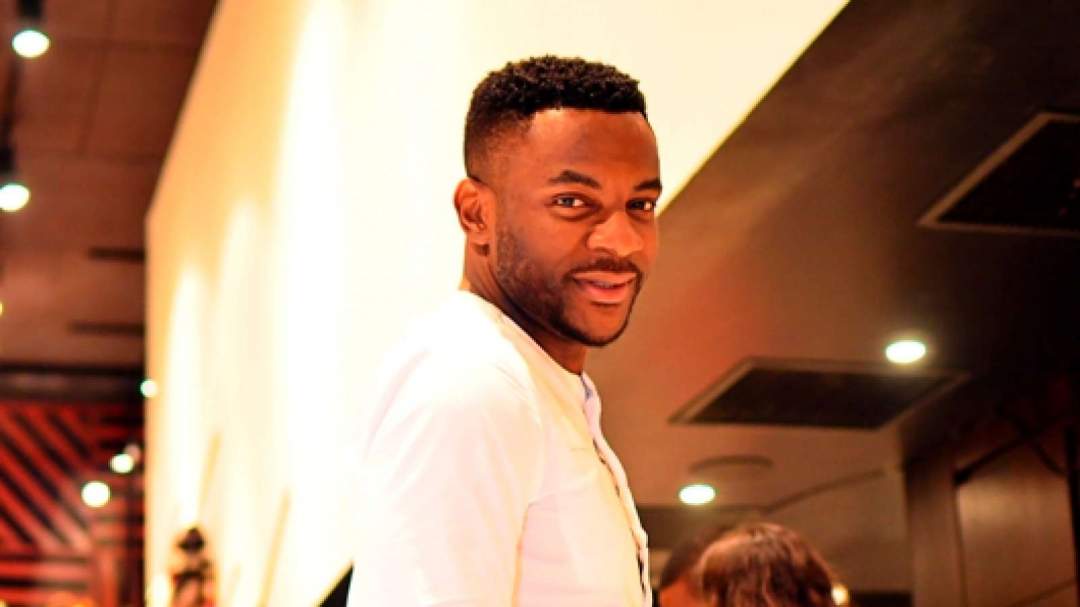


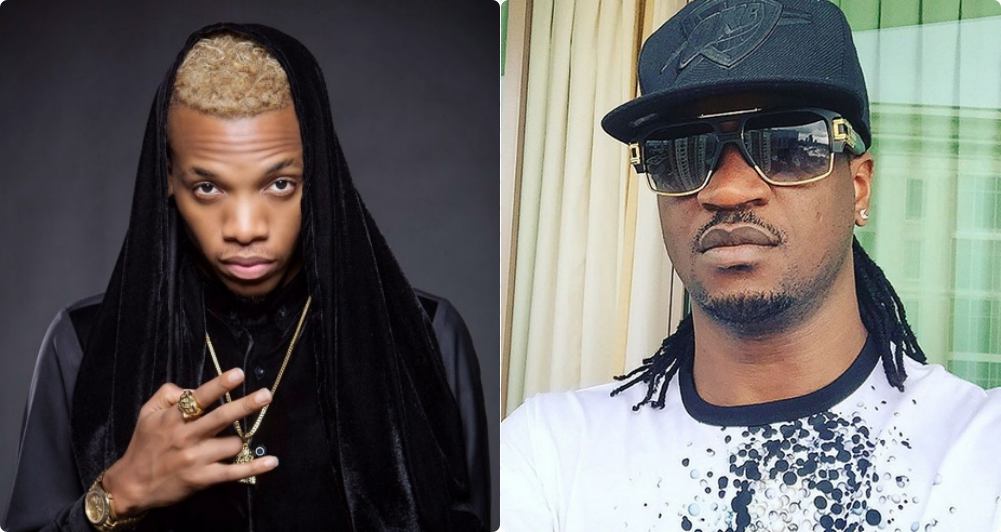

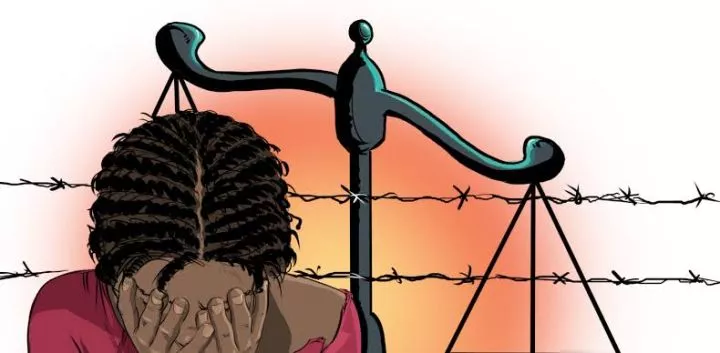



Comments